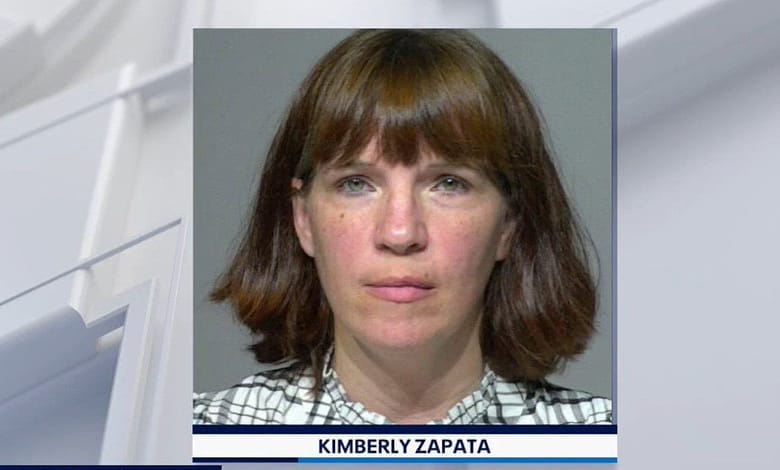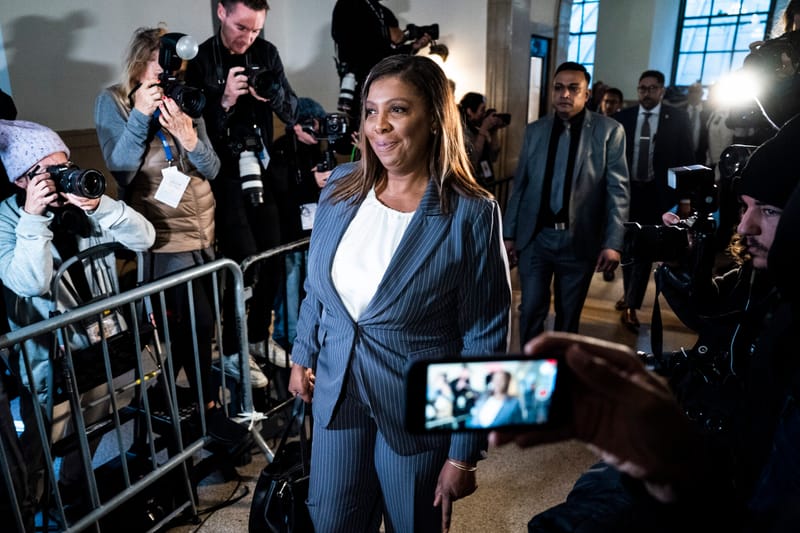Wisconsin Democrat Kimberly Zapata Convicted in Military Ballot Voter Fraud Scheme
March 21, 2024, Milwaukee, Wisconsin – Kimberly Zapata, a former Milwaukee election official, has been found guilty on all counts in a case involving a fraudulent scheme with military absentee ballots. The conviction marks a pivotal moment in the ongoing discussions about election integrity and voter fraud across the United States.
March 21, 2024, Milwaukee, Wisconsin – Kimberly Zapata, a former Milwaukee election official, has been found guilty on all counts in a case involving a fraudulent scheme with military absentee ballots. The conviction marks a pivotal moment in the ongoing discussions about election integrity and voter fraud across the United States.
The jury's decision came after a closely watched trial that shed light on Zapata's actions during her tenure as a deputy director of the Milwaukee Election Commission. According to court documents and reports from JSOnline and AOL News, Zapata was accused of illegally requesting military absentee ballots and directing them to a fellow election fraud claimant, in an attempt to demonstrate vulnerabilities within the electoral system.
The case centered around approximately five to seven fraudulent military ballots, a move that Zapata's defense argued was meant to highlight potential loopholes rather than to influence the outcome of any specific election. However, prosecutors and the jury ultimately saw the actions as a clear violation of election laws, leading to her conviction.
This trial has sparked widespread debate over the balance between ensuring election security and the measures taken to expose or address potential fraud. Zapata's actions were initially defended by some as an attempt to act as a whistleblower, aiming to draw attention to real or perceived flaws in the electoral process. Nevertheless, her methods and the subsequent legal ramifications have raised questions about the appropriate channels for reporting and addressing concerns related to election integrity.
Zapata now faces sentencing, with potential penalties highlighting the serious nature of election law violations. The case also serves as a cautionary tale for election officials and activists alike, emphasizing the legal boundaries within which efforts to secure or scrutinize the electoral process must operate.
As this case concludes, it remains a focal point in broader conversations about trust in the electoral system, the challenges of safeguarding elections from fraud, and the consequences faced by those who take illegal actions under the guise of protecting democracy. The conviction of Kimberly Zapata underscores the complexities of these issues and the ongoing vigilance required to maintain the integrity of American elections




